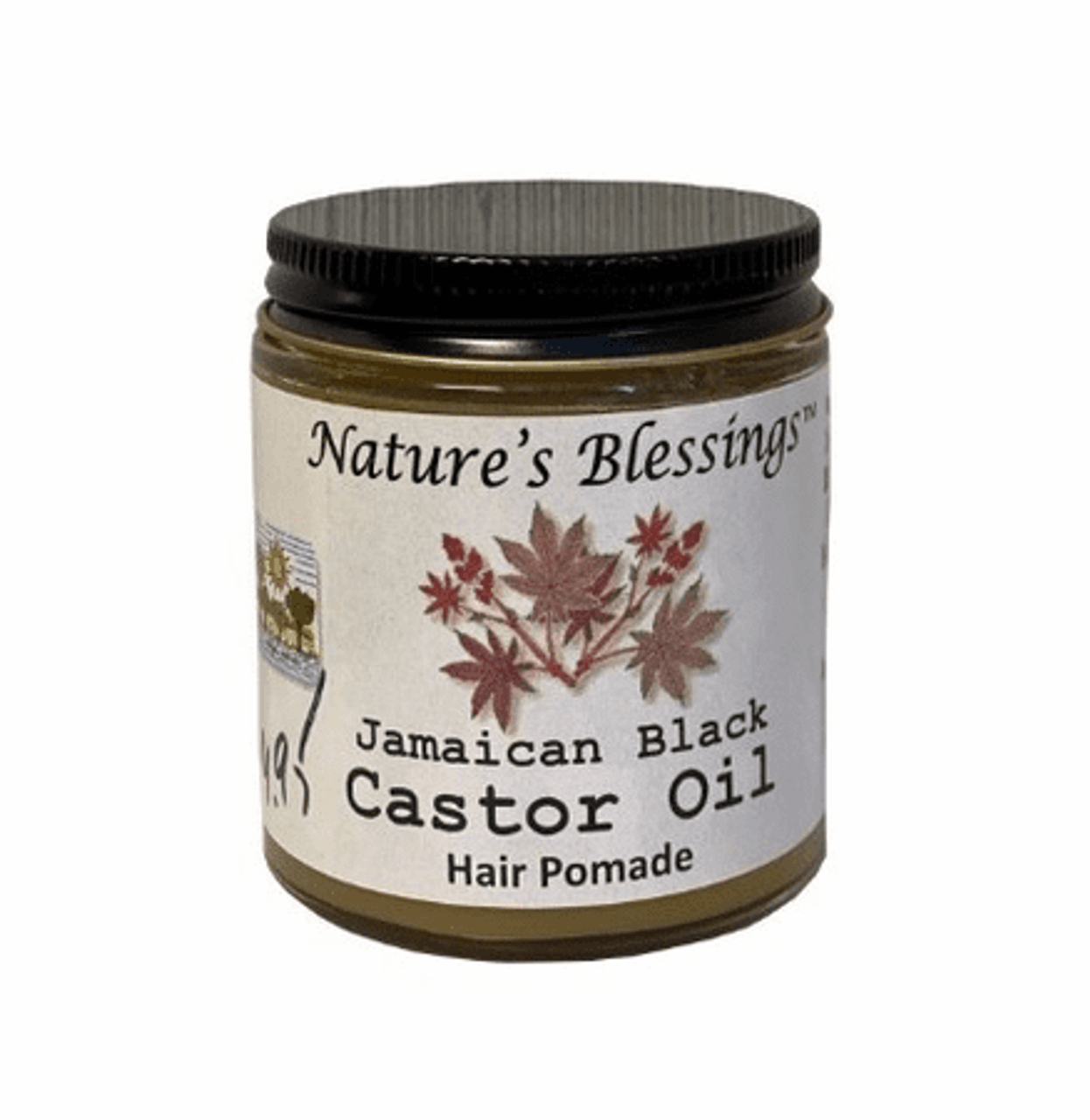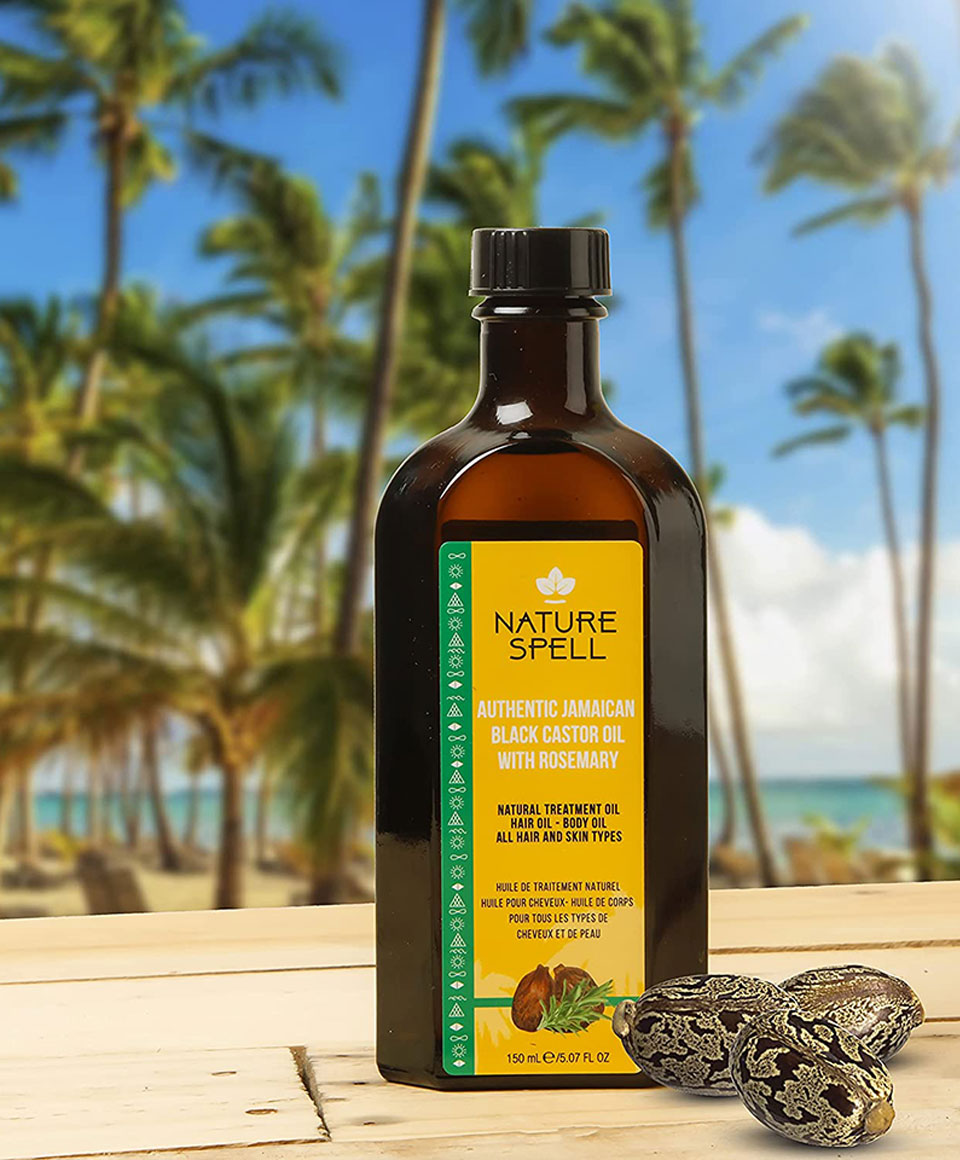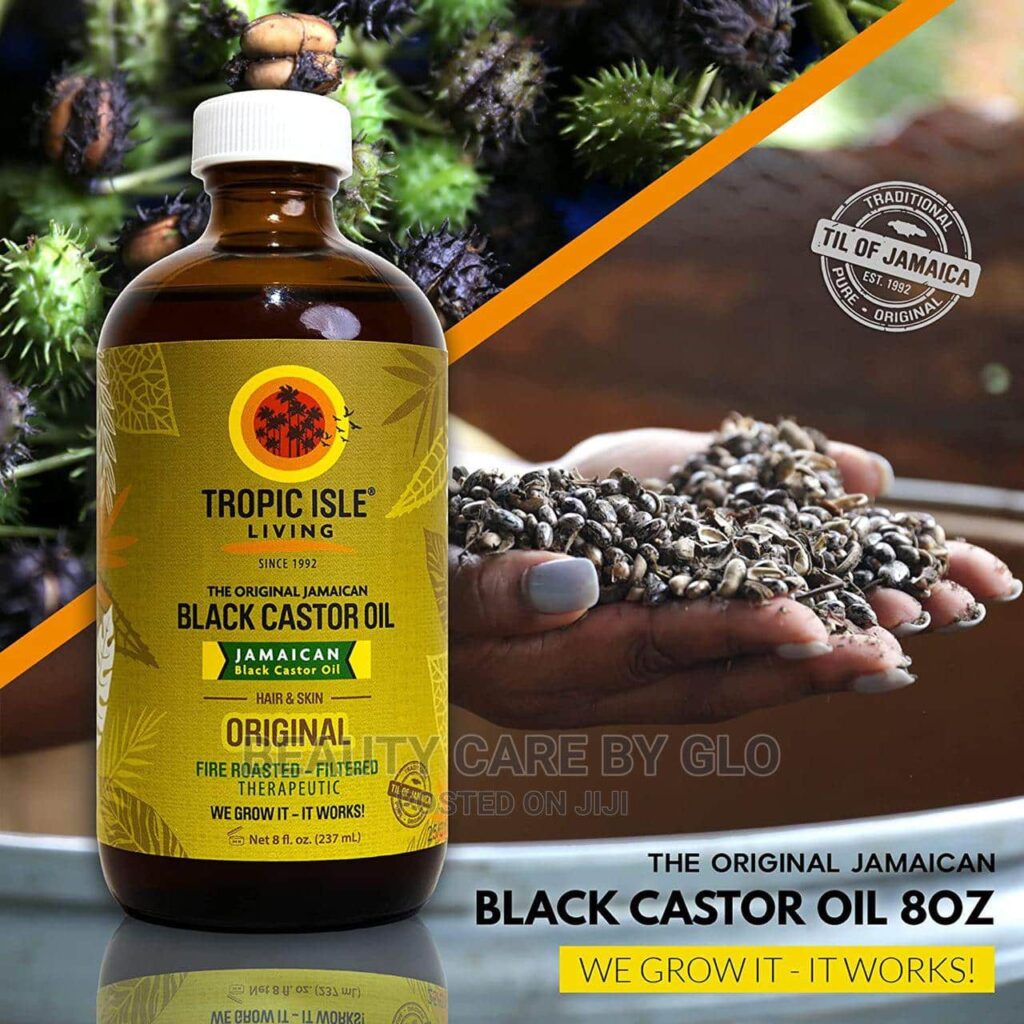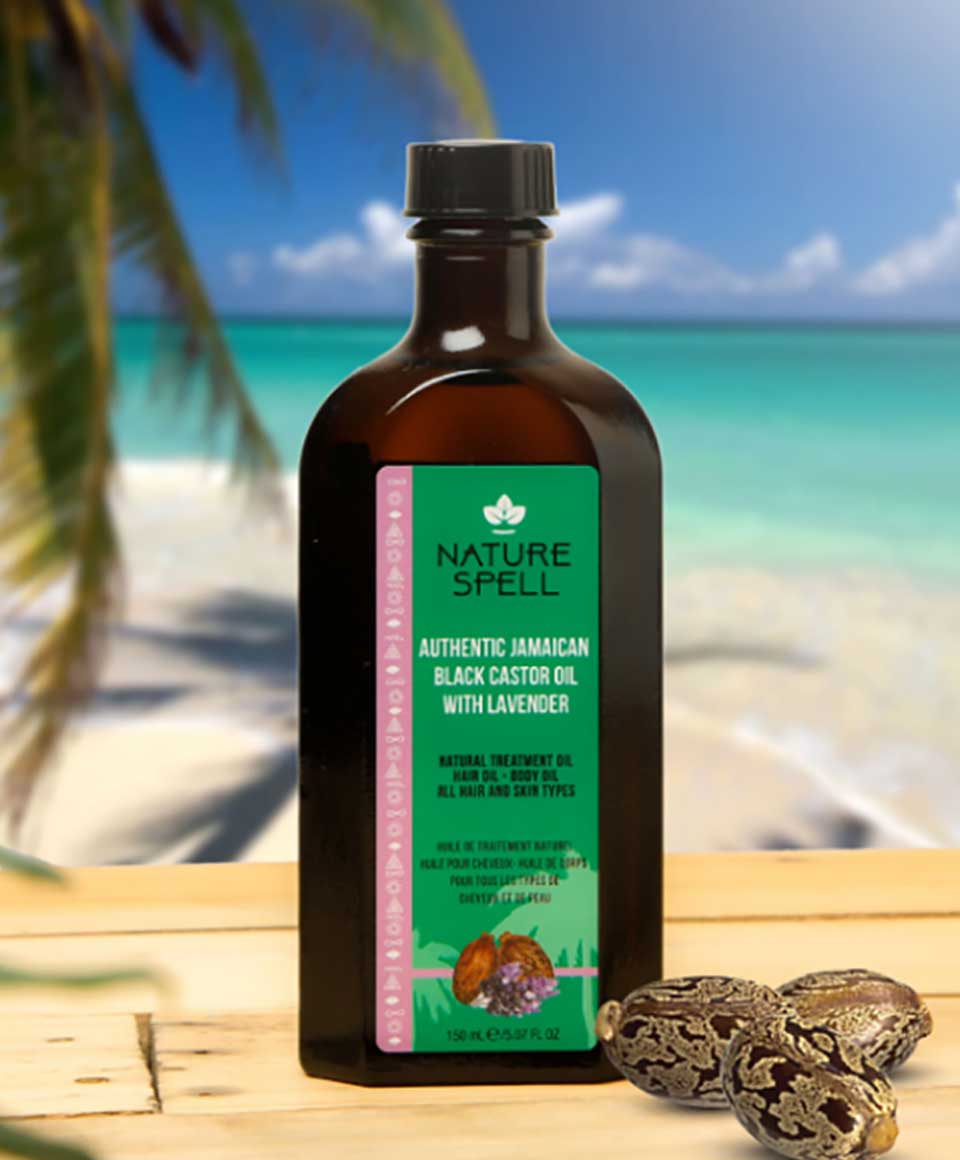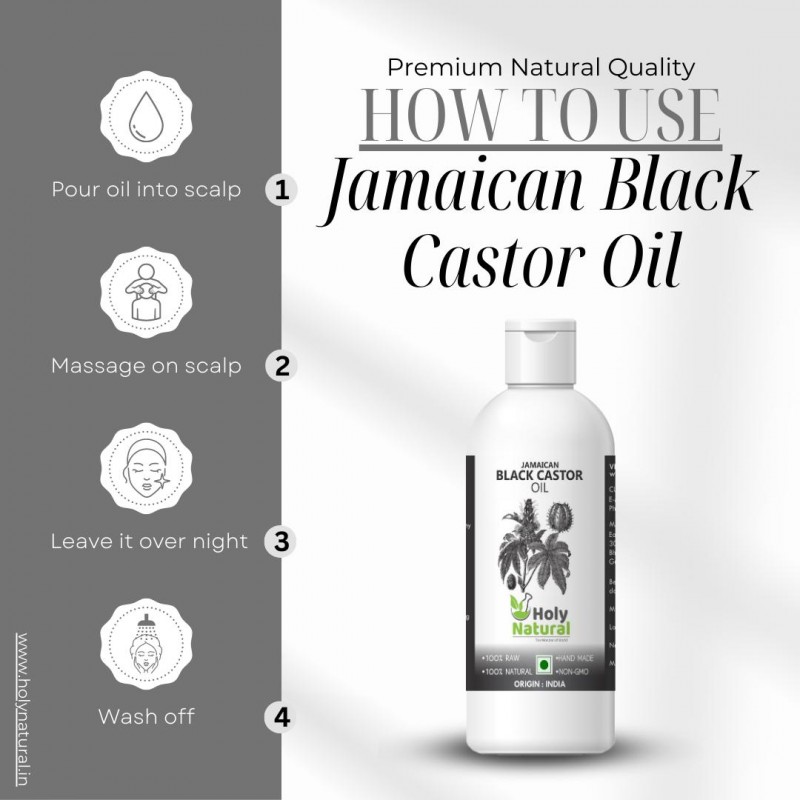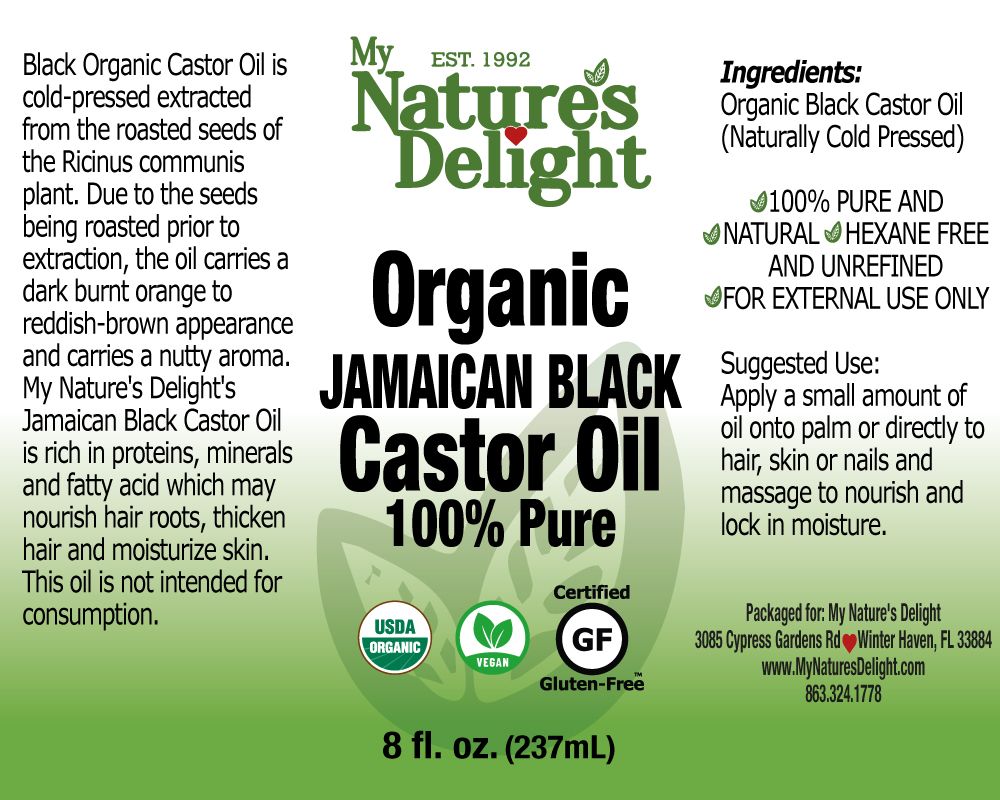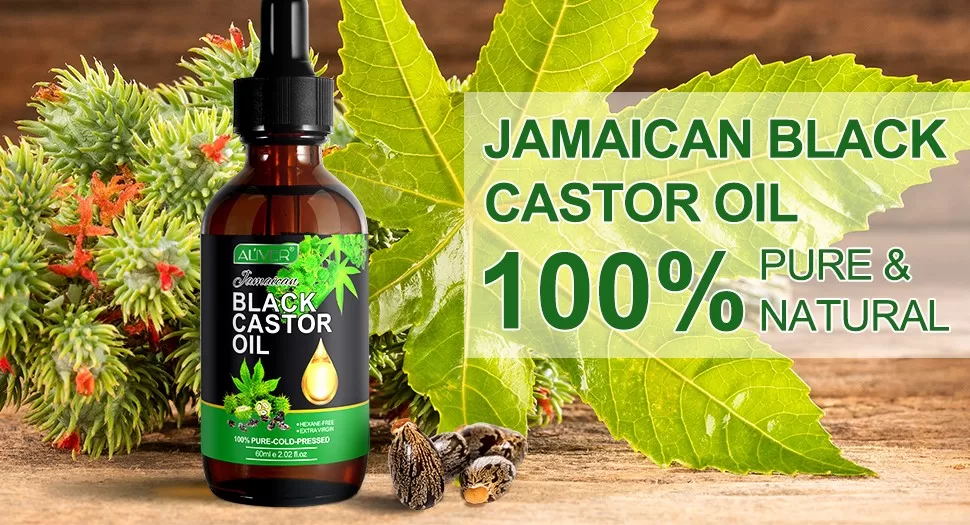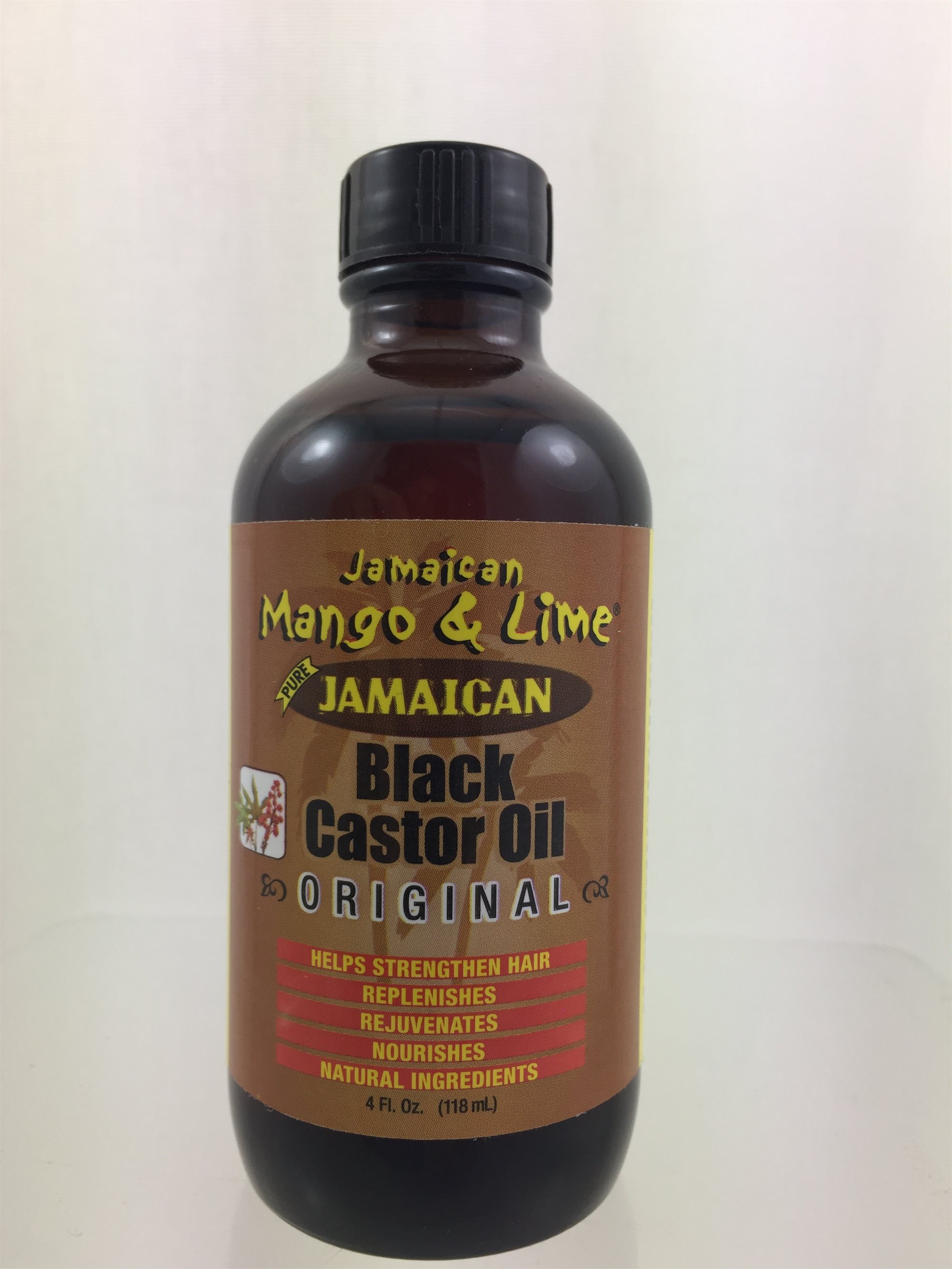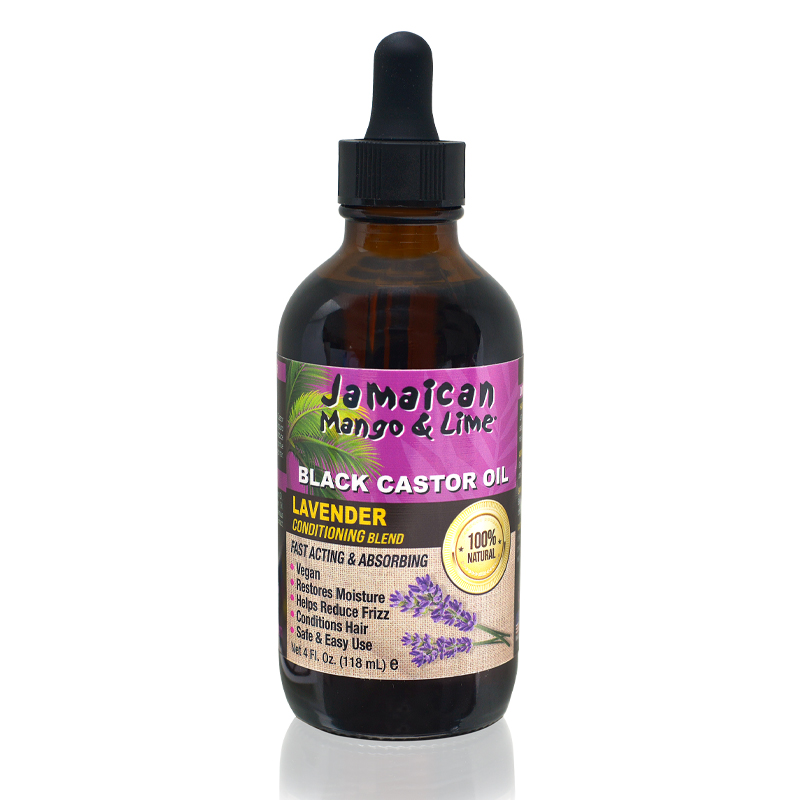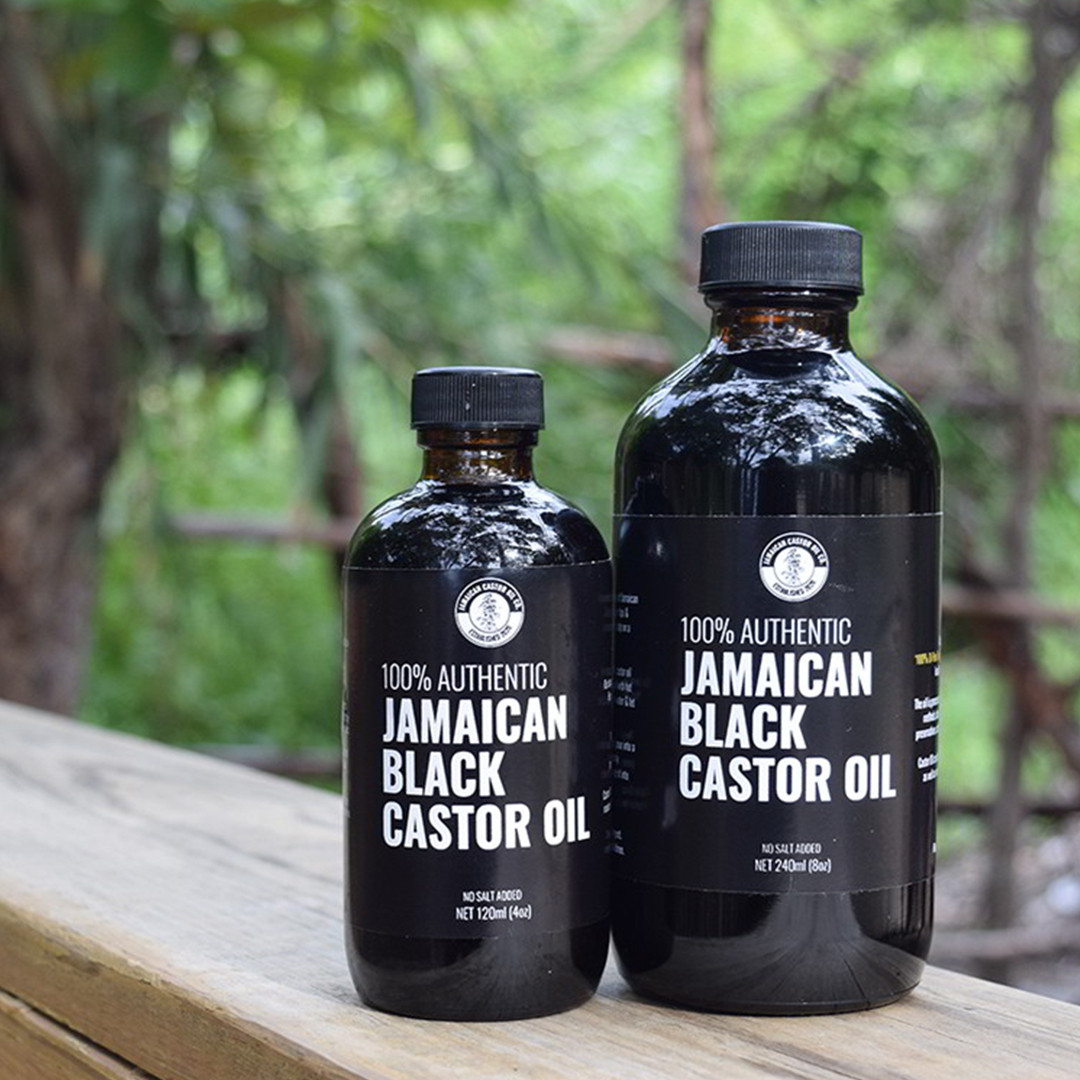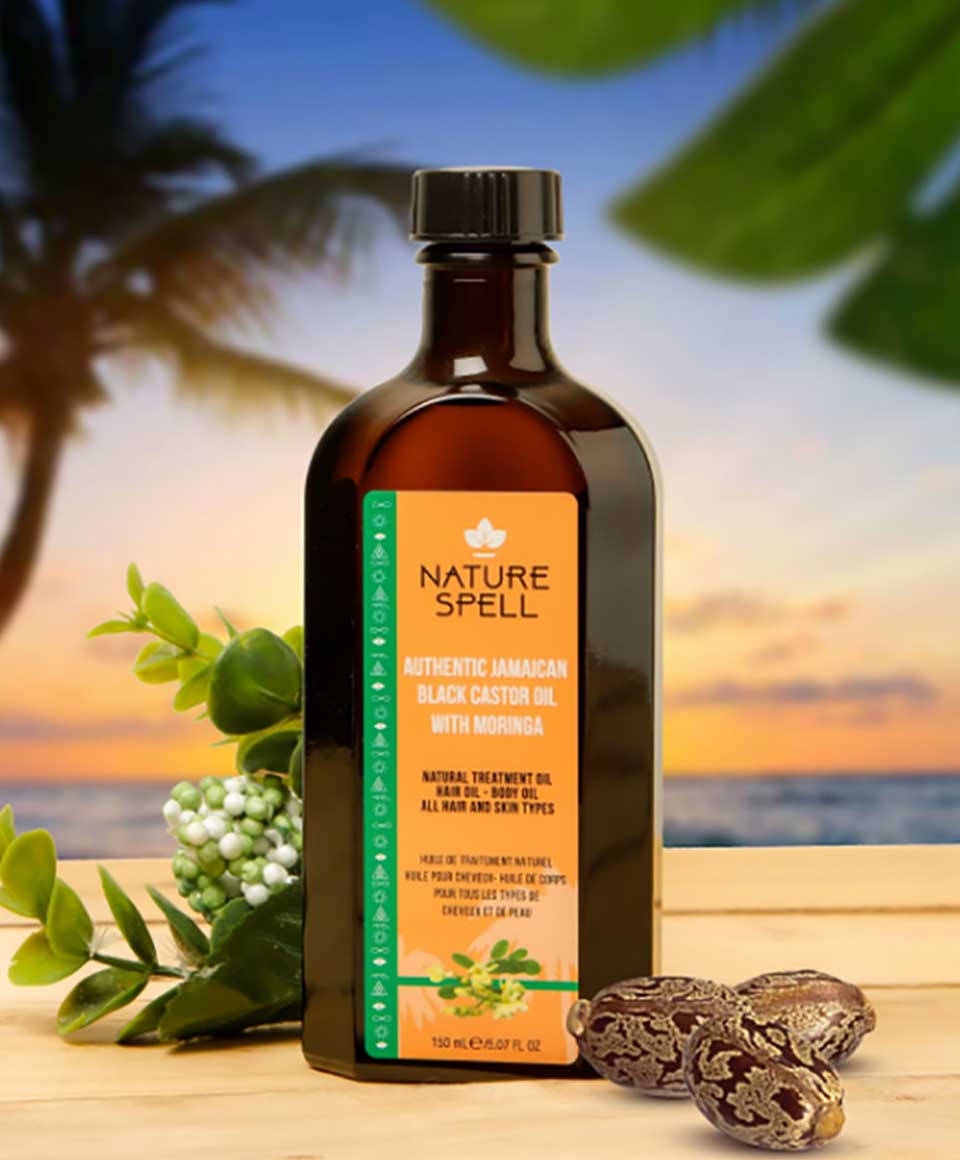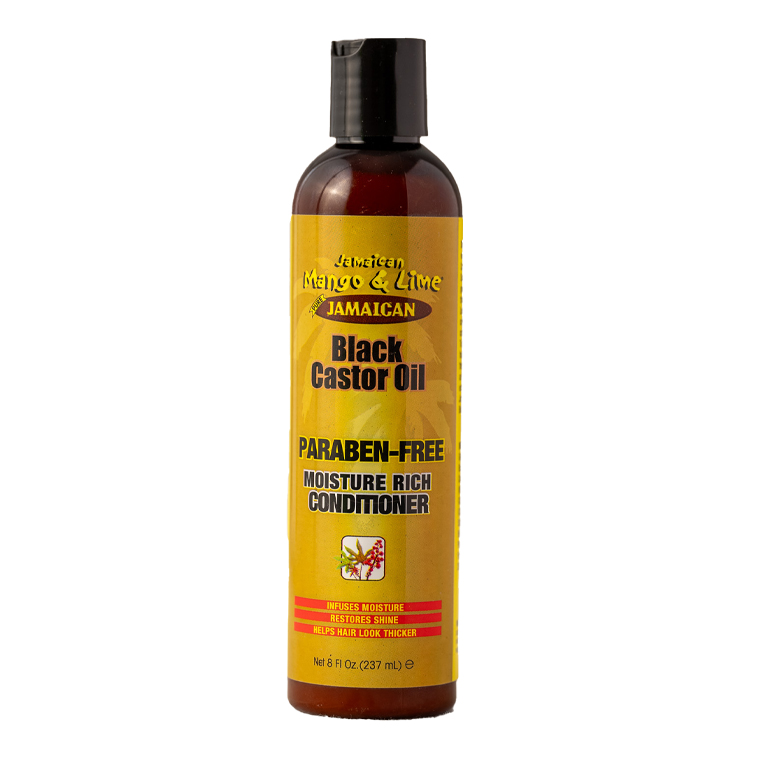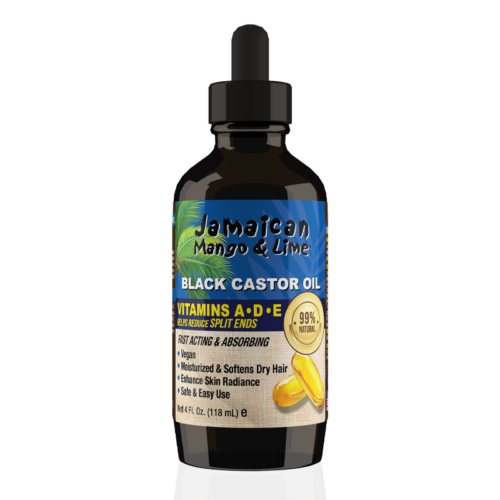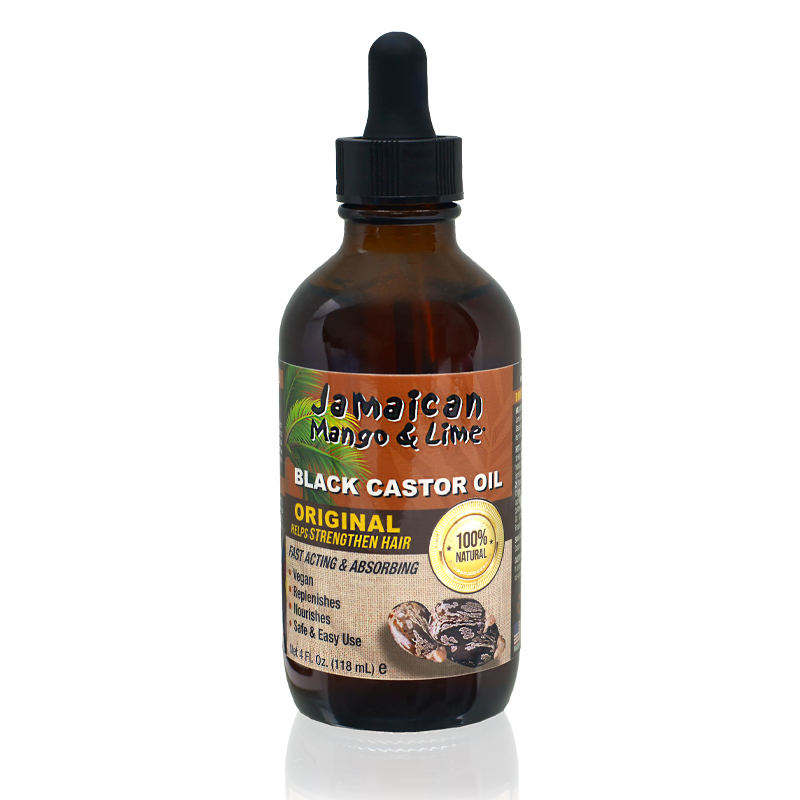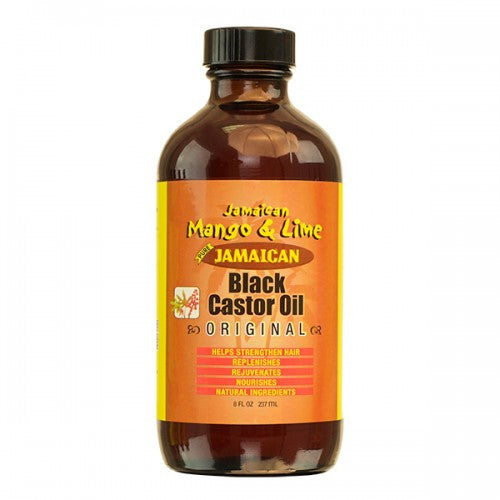Nature's Blessings Jamaican Black Castor Oil
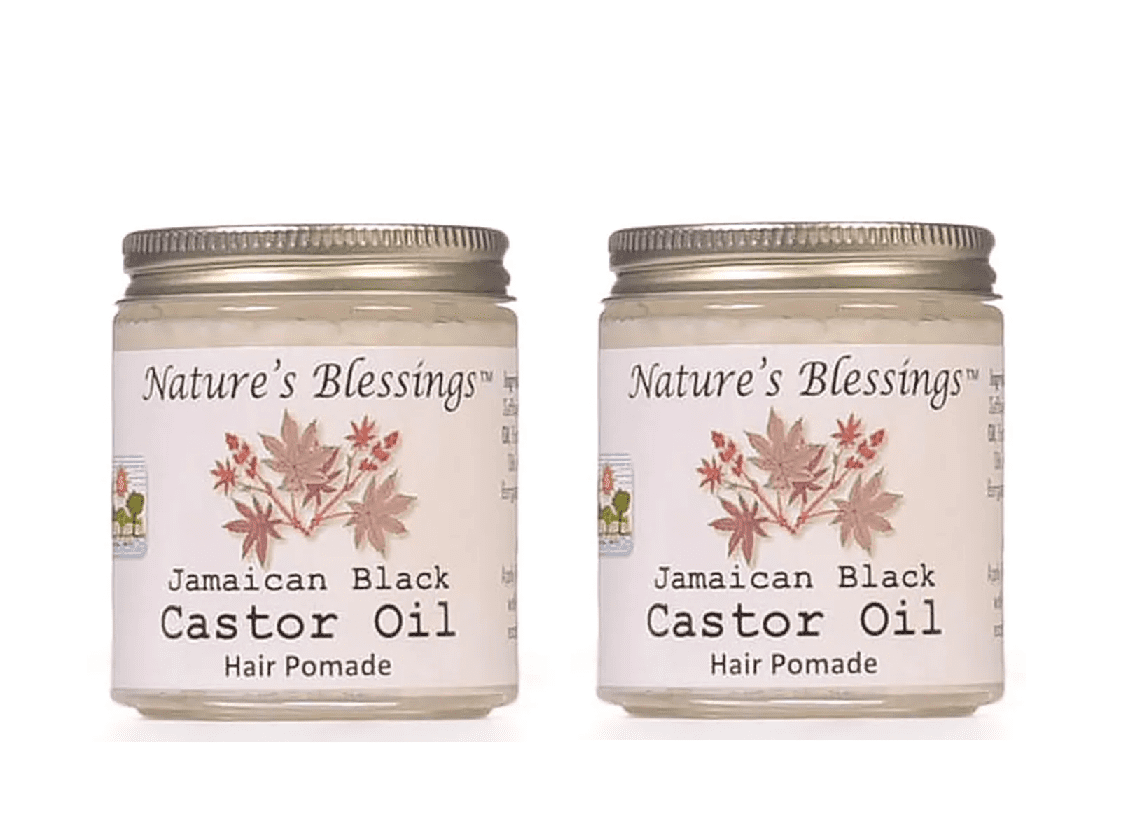
Jamaican Black Castor Oil (JBCO), a traditional remedy deeply rooted in Jamaican culture, is experiencing a surge in global popularity, driven by its purported benefits for hair and skin health. Once a locally cherished secret, JBCO is now finding its way into mainstream beauty routines worldwide, sparking both excitement and scrutiny regarding its efficacy and sustainability.
This article explores the rise of JBCO, delving into its origins, traditional uses, scientific backing (or lack thereof), and the economic and social implications of its growing demand. We will examine the processes involved in its production, the claims surrounding its benefits, and the perspectives of both producers and consumers in this burgeoning market.
The Roots of Jamaican Black Castor Oil
JBCO's history is intertwined with the history of Jamaica itself. The castor bean plant, Ricinus communis, was introduced to the island during the era of slavery.
Enslaved Africans, drawing on their knowledge of traditional medicinal practices, discovered the unique properties of the castor bean oil when processed using a specific method.
This method, which involves roasting the beans before extracting the oil, gives JBCO its distinctive dark color and characteristic burnt smell, as well as increasing its pH level.
Traditional Uses and Beliefs
For generations, Jamaican families have used JBCO as a remedy for a wide array of ailments. Traditionally, it has been used to treat skin conditions like eczema and ringworm.
It also is believed to stimulate hair growth and thickness. Many Jamaicans apply it topically to soothe aches and pains.
Beyond its medicinal applications, JBCO holds cultural significance, passed down through families as a symbol of heritage and natural healing.
The Science (or Lack Thereof) Behind the Claims
The surge in popularity of JBCO raises an important question: Are the claims surrounding its benefits scientifically substantiated? While anecdotal evidence abounds, rigorous scientific research is limited.
Some studies suggest that ricinoleic acid, a major component of castor oil, may have anti-inflammatory and antimicrobial properties. These properties could potentially contribute to the oil's effectiveness in treating certain skin conditions.
However, the specific effects of JBCO, with its unique processing method, require further investigation. More clinical trials are needed to validate claims regarding hair growth and other purported benefits.
The Role of Marketing and Social Media
Much of JBCO’s recent success can be attributed to clever marketing and the power of social media. Beauty influencers and online communities have embraced JBCO, touting its miraculous effects on hair and skin.
These endorsements, often accompanied by before-and-after photos, have fueled demand and contributed to the oil's widespread adoption. However, consumers are advised to exercise caution and manage expectations.
Not all skin and hair types respond the same way to JBCO, and it is advisable to consult a dermatologist or other healthcare professional before incorporating it into one's routine.
The Economic Impact on Jamaica
The increasing global demand for JBCO presents both opportunities and challenges for Jamaica. For local producers, the burgeoning market offers the potential for economic growth and empowerment.
Small-scale farmers and traditional processors can benefit from increased sales and exports. This surge can create jobs and boost local economies.
However, the increased demand also raises concerns about sustainability. Over-harvesting of castor beans and unsustainable production practices could damage the environment and threaten the long-term viability of the industry.
Ensuring Sustainable Production
To ensure the sustainable growth of the JBCO industry, several measures are necessary. These include promoting responsible farming practices, supporting local producers, and investing in research and development.
Organizations like the Jamaica Agricultural Commodities Regulatory Authority (JACRA) play a crucial role in setting standards and promoting sustainable production. They also offer support to local farmers.
Consumers can also contribute to sustainability by purchasing JBCO from reputable sources that prioritize ethical and environmentally friendly practices.
The Future of Jamaican Black Castor Oil
The future of JBCO appears promising, but its long-term success hinges on a combination of factors. Maintaining product quality, ensuring sustainable production, and backing up marketing claims with scientific evidence will be key.
By embracing responsible practices and investing in research, Jamaica can harness the economic potential of JBCO while preserving its cultural heritage and protecting the environment.
As consumers become more informed and discerning, the demand for authentic, sustainably produced JBCO is likely to grow, further solidifying its place in the global beauty market.
